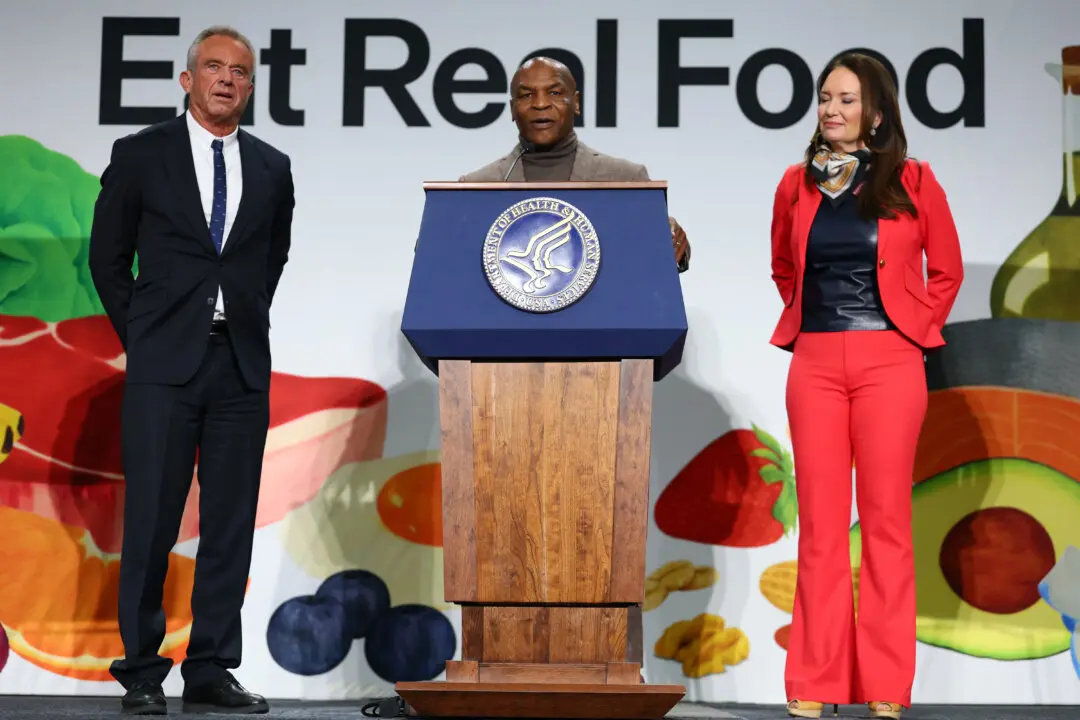Commentary
For most of our lives, we trusted that scientific authorities speak with the truths they know from evidence. This has grown over the centuries with gradual discoveries. These discoveries are incorporated into the knowledge set and put into practice in medicine, health, chemistry, physics, or any other field.





